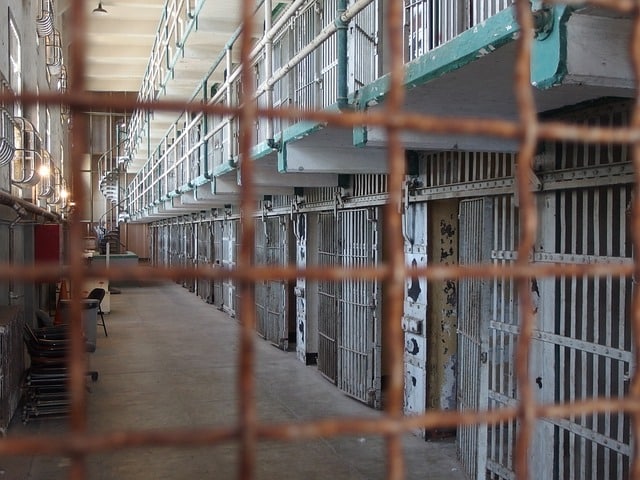
Criminal responsibility arises with the commission of a crime.
The notion of responsibility has several uses. If we focus on the field of law , the term refers to the ability of people to notice and understand the effects of their actions.
The idea of penal , meanwhile, comes from the Latin word poenālis . The concept can refer to that linked to crime or punishment; In the specific field of law, it mentions what is related to misdemeanors and crimes.
Criminal liability , therefore, arises from the classification of certain behaviors that, because they are contrary to the legal order, are punishable . These acts are constituted as crimes since they represent a violation of the law.
What is criminal liability
It can be indicated that criminal responsibility is a consequence that arises when a person commits an act recorded by criminal legislation. This fact, because it is illegal , is susceptible to punishment .
In other words: committing a crime produces criminal responsibility. The individual responsible for the crime in question must be put on trial so that, once proven guilty, he or she may be punished by the Judiciary .
Typically, criminal liability arises when an action causes injury to an asset protected by law (such as social order, bodily integrity or life). The sanction usually consists of the deprivation of a right or the imposition of a fine , for example.

In some cases, criminal liability entails deprivation of liberty for the guilty party.
Classification according to type
Criminal liability can be classified as common or special . If any citizen commits a murder or steals, he or she is subject to common criminal liability .
On the other hand, if a public official takes advantage of his or her position to commit a crime (such as soliciting a bribe or embezzling public funds), he or she is subject to special criminal liability .
Purpose of criminal liability
Depending on the legal system, an offense can lead to different responsibilities. In the case of criminal responsibility, its purpose is the resocialization of the person who committed the crime.
While civil liability aims to compensate the victim , criminal liability seeks to ensure that the offender does not repeat his unlawful actions. The sanction, therefore, aims to encourage the subject to adapt to the functioning of society .
Another issue to consider is that criminal responsibility is set according to the seriousness of the crime and is paid to the State . Civil liability, on the other hand, seeks compensation for the victim, who receives the payment imposed by Justice.
Some examples
Let's take the case of a man who decides to take a revolver to go out and rob . Thus, upon passing a young man on the street, he threatens him with a firearm and demands that he hand over his belongings. When the boy gives him his money and his phone, the criminal flees.
Hours later, after the victim made a complaint, the thief was caught. Finally, the criminal is judged: for criminal responsibility for his actions, which include the use of a firearm to carry out the robbery , he is sentenced to 3 years in prison , as stipulated by law.
Another example of criminal liability can be found in a serial killer . A criminal who kills 8 people with malice can be sentenced to life imprisonment when the legislation provides for such punishment.
